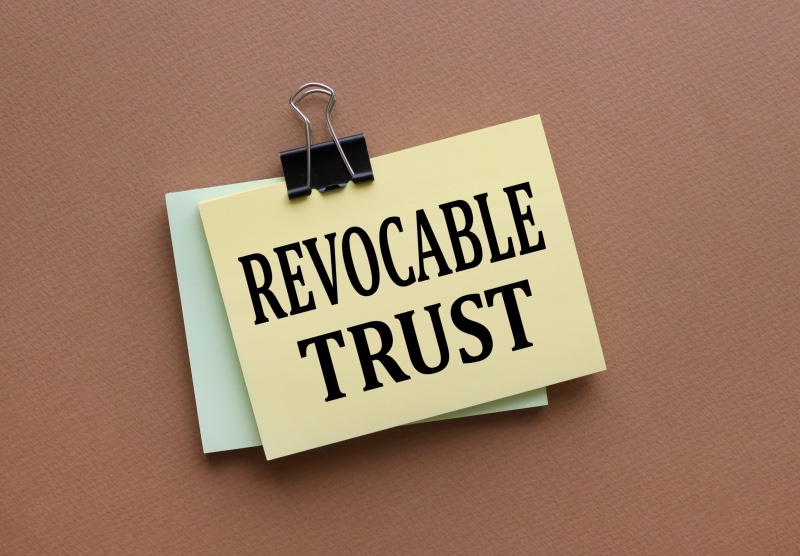
Pets and Your California Estate Plan
April 15, 2022
Common Mistakes in the Estate Planning Process
May 15, 2022From a human perspective, the only difference between a LGBT relationship and a heterosexual one is the genders of the partners. From a legal perspective, there may be more differences than people would like to see. When it comes to estate planning, there are some significant differences. There are several things to know about LGBT estate planning. If you want to make sure that your estate planning is in order and that your final wishes will be carried out as you intend, consider contacting the experienced attorneys at Kushner Legal at 310-279-5166 to discuss your specific legal needs.
Spouses and Domestic Partners Can Inherit with No Will
In 2003, California changed the law to allow both spouses and domestic partners to inherit their deceased significant other’s property even if there is no will in place. This is a good thing because it means that if you die intestate – without a will – your spouse or domestic partner will still inherit your property.
However, a comprehensive estate plan leaves no room for doubt about your intent after you are gone. In addition, if you are living with your partner but are not married or registered domestic partners, the only way he or she can inherit is if you have an estate plan and list them as beneficiary. Cohabitating partners are not entitled to inherit anything without an estate plan.
Additionally, if you are in a domestic partnership and break up with your partner, you will need to either get a traditional divorce or fill out and file a Notice of Termination of Domestic Partnership with the California Secretary of State. One of the most important things to know about LGBT estate planning is that without a divorce or filing that notice, your ex can automatically inherit everything in the event of your death.
Explore How You Are Holding Real Estate Titles
Many couples simply hold real estate titles in joint tenancy. It is often the most common way to hold real estate and most couples simply do not think about it. Joint tenancy does provide your partner with automatic ownership by right of survivorship after your death but it does come with some consequences when it comes to paying taxes on the property.
Other options for holding real estate titles include holding them as community property or creating a revocable living trust. Both options offer capital gains tax savings. Creating a revocable living trust may also allow you to skip a long probate. Discussing your options with a knowledgeable attorney at Kushner Legal can help you be sure you are holding real estate in the most beneficial way for your circumstances.
Name Your Partner as Your Minor Children’s Guardian
Whether your children are yours from a previous relationship, or ones you have adopted or had together with your current partner, you likely want your partner to be their guardian in the event of your death before the children are adults. However, without an estate plan, a judge may be the one to decide who is the best guardian for your children and that may be another biological parent or someone else from your family of origin.
Instead of allowing a judge who knows nothing about you and your family situation to decide who will raise your children, you can make your wishes clear in an estate plan. This can help ensure that your children remain with your partner.
Designate Your Partner as Beneficiary and Decision-Maker
Retirement accounts, life insurance policies and other assets pay out to the person listed as beneficiary. Take the time to look over your assets and make sure those that pay out to a beneficiary have your partner listed. Additionally, it’s important to note that if you are married, the Internal Revenue Service (IRS) allows you to roll over a deceased spouse’s IRA into your own IRA. This is not something that any other beneficiary can do.
You will also want to make sure that your partner has decision-making authority in the event that you can no longer make decisions for yourself. This means you’ll want to fill out forms such as:
- Financial and Medical POA
- Living will
- Healthcare Insurance Portability and Accountability Act (HIPAA) privacy authorization form so that doctors and other healthcare providers can disclose and discuss your health condition and records with your partner.
Have You Thought About Your Estate Planning?
There are many things to know about LGBT estate planning, but like all other estate planning, the most important part is that you actually take the time to plan and get it recorded legally so that when the day arrives, your final wishes will be honored. Whether you need to update an existing estate plan or create a new one from scratch, consider contacting Kushner Legal at 310-279-5166 to discuss your estate planning needs.




